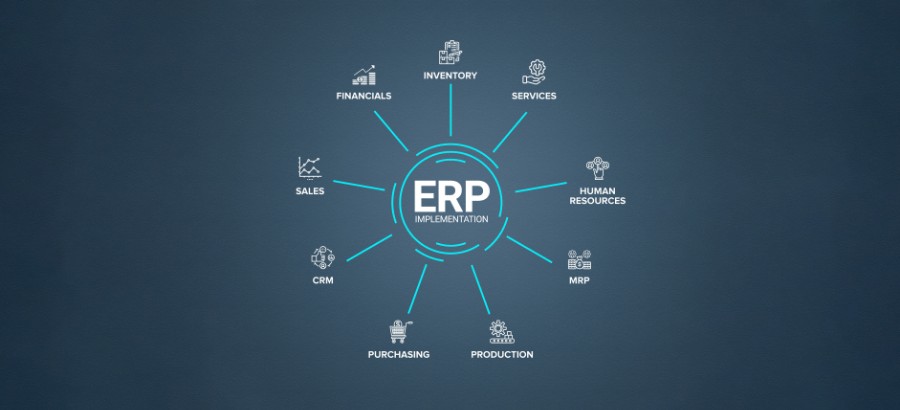Selecting a project team for your Enterprise Resource Planning (ERP) implementation is all too often done on the basis of job role, rather than who is best for the project. What actually makes a good ERP team player? In my opinion there are four requirements: competency, skill, knowledge, and position – in that order.
Competency
I believe that every ERP project team member needs seven core competencies: negotiation, communication, innovation, logic, thoroughness, organization, and the ability to influence others.
Most managers can’t afford to dedicate resources to their ERP projects, therefore project team members must be able to negotiate effectively with line managers, to ensure enough time is given to the project. ERP solutions also require compromises – processes in one department impact on others, and have to be streamlined collaboratively. A manual step here may facilitate automation elsewhere. All of this requires the ability to negotiate, and to ensure success through stakeholder commitment.
Project teams have to be able to communicate well, explain new concepts, report back on issues, and talk about solutions. Communication is the key to good change management. Logical and creative thinking provides the ability to extrapolate learning and experience to design new processes innovatively, yet in a systematic and logical way. Though difficult to find, these attributes can really unlock the value of your ERP system.
An ERP project team member must also be able to influence others. Everyone, from senior stakeholders, to end users must be convinced that the proposed solution is the right one for the business.
Finally, they must be thorough and organized. With the help of checklists, every module must be explored and tested, and every angle considered, so as to ensure that no processes have been overlooked.
Skills
Team members must have some general knowledge of systems and IT. It isn’t essential that they have experience of the particular system you are implementing. Prior knowledge of the system often inhibits innovative thinking.
It is important that team members know how to test assumptions and processes to ensure they contribute as intended. This can easily be taught, provided they have a meticulous and logical mindset. Sound presentation skills will help them get the message across, and can be complemented by the selection of the right support material e.g. graphics. Effective training skills are required to transfer skills to end-users, and these do not have to be the project team members themselves. Trainers need have patience, follow strict processes, explain concepts clearly and simply, and must be willing to deliver the same material repeatedly, and consistently. The better the trainer, the more skilled the end users – therefore the more value you derive from your ERP system.
Knowledge
Three categories of knowledge relating to ERP systems are required: business process knowledge, ERP system knowledge, and knowledge of the implementation process. Business process knowledge is the most important of these, however this can easily and quickly be learnt by someone with the right competencies. They will have to speak to specialists in various business functions, in order to ensure that every process is properly documented and incorporated into the ERP design. The ideal person should be able to quickly understand a business process, document it, translate it into a system, test the process and then train the users effectively.
It is critical to have a system orientated mind-set and a sound understanding of systems in general.
Position
A person should never be included on the ERP project team purely on the seniority of his or her position in the organization. Yes, team members need authority and the ability to make decisions, but senior management need to empower them to do so. Management should also respond quickly and decisively when decisions are escalated up to them. Decision-making is critical to the project and requires a clear, unambiguous policy. Selecting a senior decision maker who doesn’t have the core competencies outlined above, doesn’t understand the business processes, or doesn’t have enough time to dedicate to the project can be extremely detrimental to the project’s success.
Conclusions
Think out of the box. Select your ERP team based on who you think has the right attitude and core competencies, give them support to gain skills that may still be lacking, and be prepared to put a decision-making framework in place. In doing so, you will discover your future stars, you will find it easier to resource your ERP project, and you’ll reduce the opportunity cost of your ERP project.








